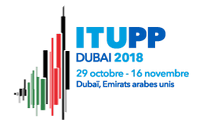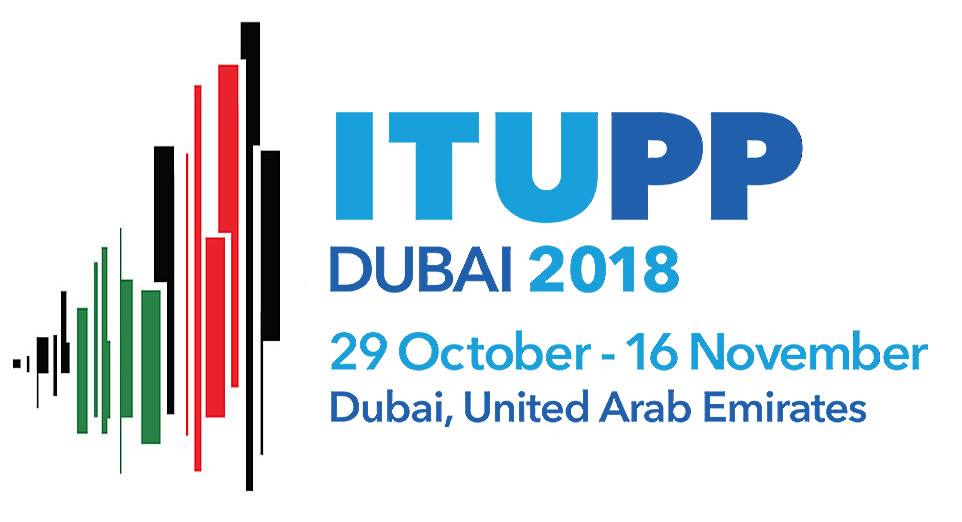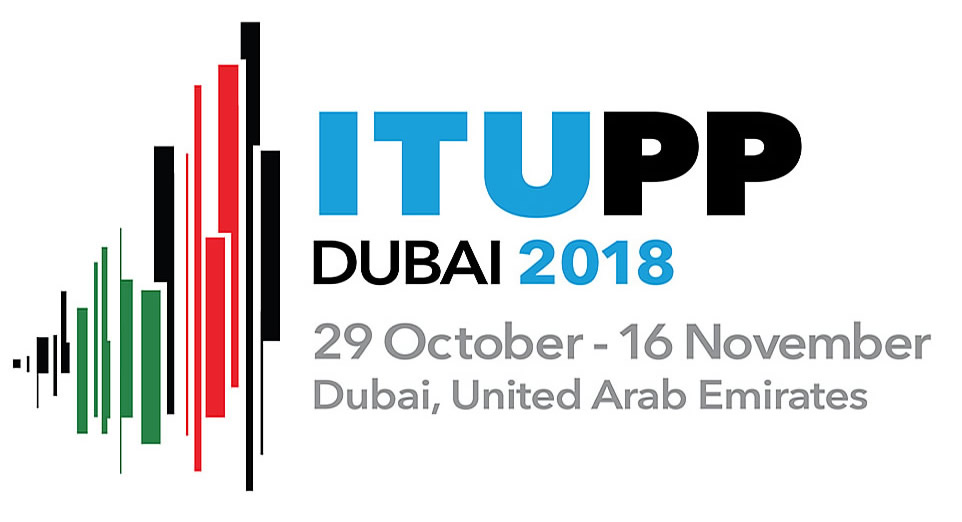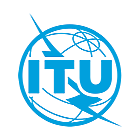His Excellency Secretary-General,
Honorable Ministers,
Distinguished guests,
I am very honored to come to this beautiful city of Dubai to attend the 20th ITU Plenipotentiary Conference on behalf of the Korean government.
First of all, I’d like to express my gratitude to Secretary General Houlin Zhao and the officials of ITU for their hard work in organizing this event.
I’d also like to thank Director-General Hamad Obaid Al Mansoori of the Telecommunications Regulatory Authority and the United Arab Emirates government for their warm welcome and hospitality.
Ten years have passed since smartphones first came out in 2007.
Ever since then, they have become essential to our lives. We use them to watch movies on our way to work, and communicate with families and friends on social media.
This small screen in our hands offers us a new way to connect with the whole world.
But even as we speak, more than half of the world still remains unconnected.
According to the Broadband Report released by ITU and UNESCO in last September, 3.7 billion people in the world, or 52% of the global population, have no Internet access.
And this digital divide may worsen even further with the changes brought by the Fourth Industrial Revolution.
The Fourth Industrial Revolution is an intelligence revolution driven by digital technologies.
It is expected to transform how we work and how we live.
It will bring new opportunities for growth and greater convenience in life, but it may also cause major disruptions in the labor market, and uneven access to digital technology.
To address these issues and make sure that innovation is inclusive and benefits all, we need to expand digital infrastructure to guarantee easy and affordable access.
In Korea, 99% of households have Internet access, and 94% of the total population are online.
But even with such high connectivity, we are continuously working to make sure that all of our citizens can enjoy better, faster services.
To bridge the digital divide, we are building advanced ICT infra in remote areas and providing mobile devices to the elderly and the low-incomes.
Korea is also leading the development of next generation networks.
In March next year, Korea will become the first country to commercialize 5G.
We expect 5G to fuel the growth of IoT, autonomous cars, virtual reality and other advanced technologies in the new era.
In February this year, we launched 5G trial services at the Pyeong-chang Winter Olympic Games, and in April this year, we successfully tested 5G in island regions.
Korea has also carried out various policies to cut telecommunications costs, such as cheap call plans that allow low income people and the elderly to enjoy quality services.
Honorable Ministers, distinguished guests!
At the 19th ITU Plenipotentiary Conference held in Busan four years ago, Korea, with 14 other countries, made the joint proposal for ‘Connect 2020’ agenda.
And it was unanimously adopted as a new resolution.
The goal of the resolution was for countries to work together to connect the whole world.
And thanks to the efforts of ITU and its members, we have been able to deliver meaningful results since then.
National plans for infrastructure investment have more than tripled from 10 years ago, while broadband services have become cheaper and affordable to more people.
For this year’s Plenipotentiary conference, Korea submitted a revised resolution, expanding ‘Connect 2020’ to ‘Connect 2030.’
We believe that with the cooperation of ITU and its members, more countries and more people will be able to share the benefits of digital innovation.
To contribute to the implementation of ‘Connect 2030’ and help ITU and its members to deliver fruitful results, Korea has presented its candidature for the ITU Council again this year.
And in this context, I believe Dr. Chaesub Lee, Director of the Telecommunications Standardization Bureau, has an important role to play.
During the last 4 years, Dr. Lee has done a wonderful job as TSB Director.
If re-elected, I am certain he will serve his next term for the development of not only TSB, but all of ITU.
I’d like to take this opportunity to kindly ask for your support.
Finally, I hope that the 2018 Plenipotentiary Conference will bear many fruitful results and deliver policies that promote the global development of ICTs and benefit all of mankind.
Thank you.






